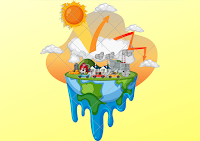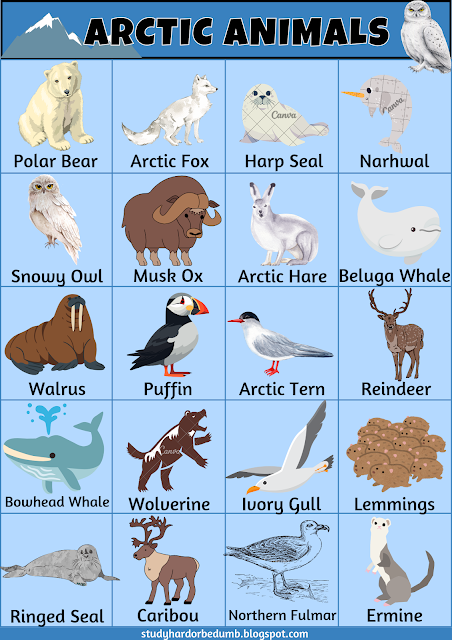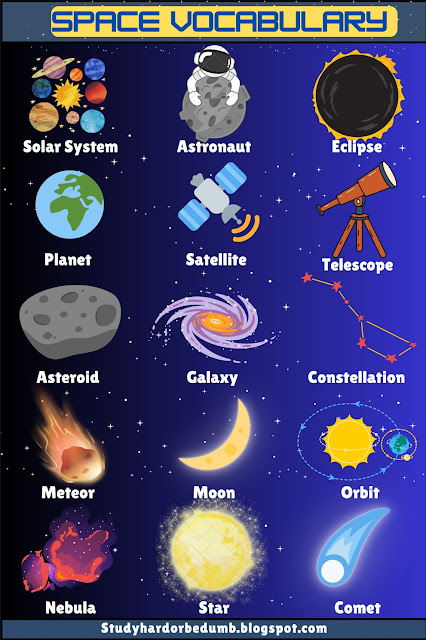Understanding Weather and Climate
Weather related Vocabulary
Weather and climate are two important aspects of our environment. They influence our daily life and the world around us. Whether changes from day to day while climate describe the average conditions over many years.
Understanding both helps us prepare for different situations and protect our planet. In this post we will explore the basic of whether and climate, learn some useful vocabulary and discover many fascinating idioms related to this topic.
List of Weather Related Words
- Atmosphere
- Temperature
- Precipitation
- Humidity
- Forecast
- Climate
- Weather
- Meteorology
- Drought
- Flood
- Storm
- Tornado
- Hurricane
- Blizzard
- Heatwave
- Thunderstorm
- Lightning
- Cloud
- Rain
- Snow
- Hail
- Sleet
- Wind
- Breeze
- Gust
- Fog
- Mist
- Dew
- Frost
- Ice
- Air pressure
- Front
- Cyclone
- Anticyclone
- Jet stream
- Equator
- Poles
- Latitude
- Elevation
- Greenhouse effect
- Global warming
- Climate change
- El Niño
- La Niña
- Seasons
- Winter
- Spring
- Summer
- Autumn
- Cold front
- Warm front
- Climate zone
- Tundra
- Desert
- Tropical
- Temperate
- Polar
- Marine
- Continental
- Microclimate
Vocabulary Words and Their Meanings
The layer of gases surrounding Earth.
How hot or cold the air is.
Any form of water falling from the sky, like rain or snow.
The amount of water vapor in the air.
A prediction of future weather conditions.
The average weather conditions over a long period.
The current state of the atmosphere at a specific place and time.
The science of studying and forecasting the weather.
A long period of low rainfall, leading to a shortage of water.
An overflow of water onto normally dry land.
Severe weather with strong winds and usually rain, thunder, or snow.
A rapidly spinning column of air that touches the ground.
A large, powerful storm with strong winds and heavy rain.
A severe snowstorm with strong winds.
A prolonged period of excessively hot weather.
A storm with thunder, lightning, and usually heavy rain.
A sudden electrical discharge in the atmosphere.
A visible mass of condensed water vapor in the sky.
Water droplets falling from the sky.
Frozen water vapor falling as white flakes.
Pellets of frozen rain that fall in showers.
Rain that freezes into ice pellets before hitting the ground.
Air moving from high to low pressure areas.
A gentle wind.
A sudden, strong burst of wind.
A thick cloud of tiny water droplets near the ground.
A light fog, often near bodies of water.
Tiny drops of water that form on cool surfaces at night.
A thin layer of ice on surfaces formed when the temperature drops below freezing.
Frozen water.
The force exerted by the weight of air in the atmosphere.
A boundary between two different air masses.
A system of winds rotating inward to an area of low atmospheric pressure.
A system of winds rotating outward from an area of high atmospheric pressure.
Fast flowing, narrow air currents found in the atmosphere.
An imaginary line around the middle of Earth, equally distant from the poles.
The northernmost and southernmost points on Earth.
The distance north or south of the equator, measured in degrees.
The height above sea level.
The warming of Earth's surface due to trapped heat by greenhouse gases.
The increase in Earth's average surface temperature due to rising levels of greenhouse gases.
Long-term changes in temperature, precipitation, and other atmospheric conditions.
A climate pattern that describes the unusual warming of surface waters in the eastern Pacific Ocean.
A climate pattern that describes the unusual cooling of surface waters in the eastern Pacific Ocean.
Four divisions of the year based on weather patterns and daylight hours.
The coldest season of the year.
The season following winter, characterized by warming temperatures and blossoming plants.
The warmest season of the year.
The season following summer, characterized by cooling temperatures and falling leaves.
The leading edge of a cooler mass of air replacing a warmer mass.
The leading edge of a warmer mass of air replacing a cooler mass.
A region of the Earth with distinct climate patterns.
A cold, treeless region where the ground is frozen.
A dry region with very little rainfall.
A warm region near the equator with high rainfall.
A region with moderate temperatures and distinct seasons.
A cold region near the poles.
A climate influenced by the ocean, usually mild and wet.
A climate characterized by more extreme temperatures, both hot and cold.
The climate of a small, specific area that may differ from the surrounding region.
Idioms and Phrases related to Weather and Climate
- Under the weather - Feeling sick.
- Come rain or shine - No matter what happens.
- Storm in a teacup - Exaggerating a small problem.
- Every cloud has a silver lining - There is something good in every bad situation.
- Break the ice - Start a conversation.
- Chase rainbows - Try to achieve the impossible.
- Calm before the storm - A quiet period before chaos.
- Take a rain check - Postpone a plan.
- In the eye of the storm - In the middle of a difficult situation.
- Snowed under - Overwhelmed with work.
- Rain on someone's parade - To spoil someone's plans.
- Save it for a rainy day - Save something for a time of need.
- Fair-weather friend - A friend who is only around during good times.
- Throw caution to the wind - Take a risk.
- Bolt from the blue - A sudden and unexpected event.
- On cloud nine - Very happy.
- Weather the storm - Survive a difficult situation.
- As right as rain - In good health.
- When it rains, it pours - Problems often come all at once.
- Make hay while the sun shines - Take advantage of a good situation while it lasts.
- Snowball effect - When something grows rapidly in size or importance.
- Have your head in the clouds - Be daydreaming or not paying attention.
- Lightning never strikes the same place twice - An unlikely event won't happen again.
- Steal someone's thunder - Take credit for someone else's idea.
- Cloud over - Become sad or worried.
- Every cloud has its silver lining - There's something good in every bad situation.
- Blow hot and cold - To frequently change one's mind.
- Under a cloud - Suspected of wrongdoing.
- A storm is brewing - Trouble is coming.
- Chase clouds - Pursue something unattainable.
- Put on ice - Postpone something.
- Go with the wind - To be easily influenced.
- In the dark - Uninformed or unaware.
- Rain or shine - No matter what happens.
- Take by storm - To captivate or overwhelm.
- Skating on thin ice - Taking a big risk.
- Eye of the storm - The calm center of a chaotic situation.
- Come in out of the rain - Gain sense or awareness.
- Full of hot air - Talking a lot without saying much of value.
- Snowed in - Trapped or isolated by snow.
Conclusion
Weather and climate play crucial roles in our lives. Knowing key vocabulary and idioms related to weather and climate enriches our language and communication. It also highlights the significance of these natural phenomena in our culture.
































































Superb!
ReplyDelete